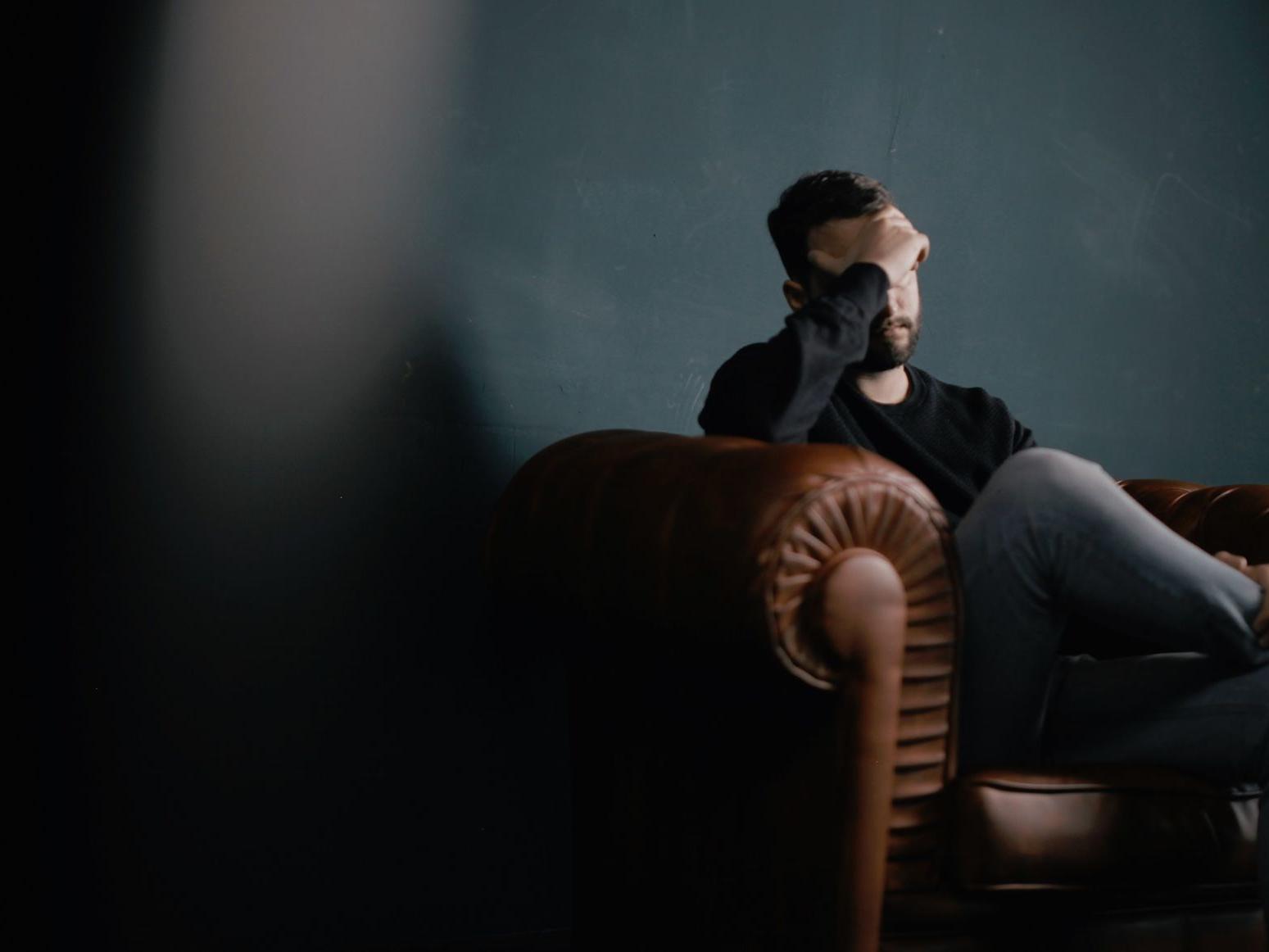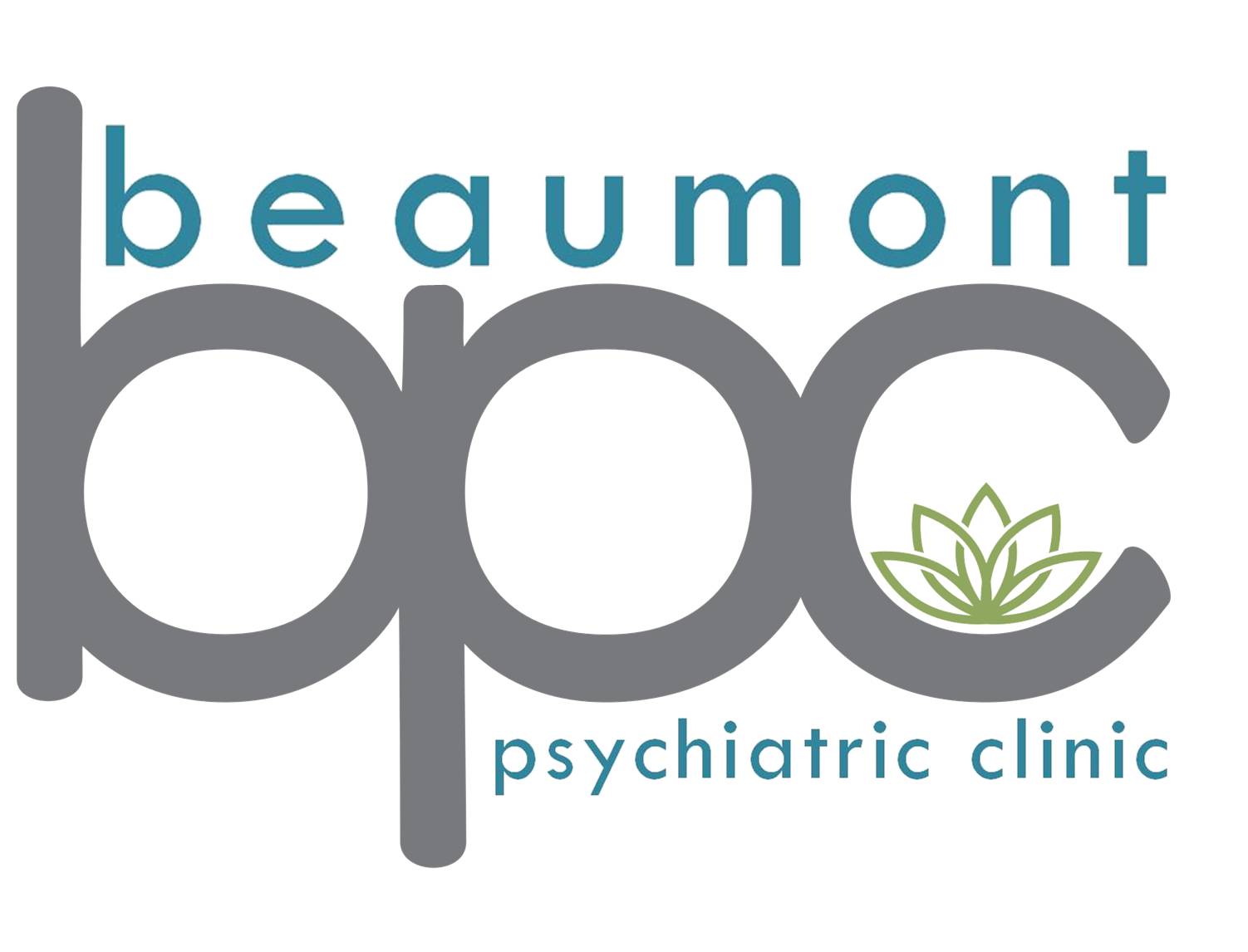
You don’t have to be “crazy,” desperate or on the brink of a meltdown to benefit from the help of a trained mental health professional.
Most people can benefit from therapy at some point in their lives. The United States Department of Health & Human Services estimates that approximately 1 in 5 American adults (nearly 44 million people) and 13-20% of children living in the United States will experience a diagnosable mental health disorder in a given year.
On the other hand, therapy isn’t necessary for every problem or challenge in life, especially if you have a strong support system of friends and family.
So how do you know when it’s time to see a therapist?
Sometimes the signs are obvious but at other times, something may feel slightly off and you can’t figure out what it is. So you trudge on, trying to sustain your busy life until it sets in that life has become unmanageable. Before it gets to this point,
David Sack, M.D., board certified in psychiatry, addiction psychiatry, and addiction medicine offers these ]five signs you may need help from a mental health professional in Psychology Today:
David Sack, M.D., board certified in psychiatry, addiction psychiatry, and addiction medicine offers these]five signs you may need help from a mental health professional in Psychology Today:
#1 Feeling sad, angry or otherwise “not yourself.”
Uncontrollable sadness, anger or hopelessness. Eating or sleeping more or less than usual, withdrawing from family and friends.
#2 Abusing drugs, alcohol, food or sex to cope.
Using a substance or changing behavior to help you feel better. Inability to control substance use or behaviors or inability to stop despite negative consequences in your life.
#3 You’ve lost someone or something important to you.
Grief from the the loss of a loved one, a divorce or significant breakup, or the loss of a job, especially if you’ve experienced multiple losses in a short period of time.
#4 Something traumatic has happened.
Experiencing a traumatic event like being a victim of a crime or accident, chronic illness. Or having dealth with abuse, neglect or other trauma in the past that has not been fully dealt with
#5 You can’t do the things you like to do.
Stopping doing the activities you ordinarily enjoy.
(Sack, MD, David, March 18, 2013. 5 Signs It’s Time to Seek Therapy. Psychology Today).
Mental Health America (MHA), the nation’s leading community-based nonprofit dedicated to addressing the needs of those living with mental illness , offers an more detailed list, broken down by age categories, of signs you may need to seek the help of a mental health professional. (Mental Health America. Finding Help: When to Get It and Where to Go. Mentalhealth.net)
In Adults
- Confused thinking
- Prolonged depression (sadness or irritability)
- Feelings of extreme highs and lows
- Excessive fears, worries and anxieties
- Social withdrawal
- Dramatic changes in eating or sleeping habits
- Strong feelings of anger
- Delusions or hallucinations
- Growing inability to cope with daily problems and activities
- Suicidal thoughts
- Denial of obvious problems
- Numerous unexplained physical ailments
- Substance abuse
In Adolescents & Young Adults
- Substance abuse
- Inability to cope with problems and daily activities
- Changes in sleeping and/or eating habits
- Excessive complaints of physical ailments
- Defiance of authority, truancy, theft, and/or vandalism
- Intense fear of weight gain
- Prolonged negative mood, often accompanied by poor appetite or thoughts of death
- Frequent outbursts of anger
In Younger Children & Pre-Adolescents
- Changes in school performance
- Poor grades despite strong efforts
- Excessive worry or anxiety (i.e. refusing to go to bed or school)
- Hyperactivity
- Persistent nightmares
- Persistent disobedience or aggression
- Frequent temper tantrums
If you decide that therapy is worth a try, it doesn’t mean you’re in for a lifetime of “head shrinking.” In fact, a 2001 study in the Journal of Counseling Psychology found that most people feel better within seven to 10 visits (Snell, Marilyn N.; Mallinckrodt, Brent; Hill, Robert D.; Lambert, Michael J. October 2001. Predicting counseling center clients’ response to counseling: A 1-year follow-up. psycnet.apa.org) Another study, published in 2006 in the Journal of Consulting and Clinical Psychology, 88 percent of therapy-goers reported improvements after just one session (Atkins, David C.; Bedics, Jamie D.; Mcglinchey, Joseph B.; Beauchaine, Theodore P. October 2016. Assessing clinical significance: Does it matter which method we use? psycnet.apa.org)
Most people benefit from short-term, goal-oriented therapy to address a specific issue or symptom. If you are considering talking to a nonbiased professional send us a email through our contact form or call our office.
